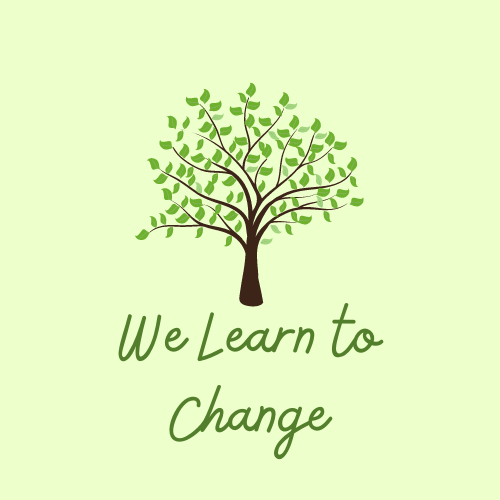It occurs to me that one way for students to better understand poetry is to write it. I had this epiphany this morning as I scribbled “Irrelevant.” As I was scribbling, I noticed a rhyme scheme and a pattern emerging, and they changed my thought process.
Yes, I know; it shocked me too.

I wondered to myself, post-scribbling, if what I experienced was like what “real poets” experience as they are writing a poem. What did I learn about the writing process by writing? What can my students learn about literature by writing?
In AP Literature and Composition, we spend so much time reading and analyzing literature in search of nuggets of wisdom regarding the human condition. I’ve been missing an important piece of that exploration, however: Creation. Therefore, next year, we will spend more time exploring the creation of literature and creating some ourselves. Perhaps creating texts will help the students (and me) better analyze and tease from the texts those important messages that can help us live our best lives.
How Might This Be Implemented?
Good question! These are my nascent thoughts.
Take a Basic Project Management Approach
In my previous life, I was a team lead for an internal training team. I tried a basic project management approach to initiatives, following an acronym I came up with after taking a college class in project management.
- Plan
- Execute
- Analyze
- React
The Project
For literature study, we could implement the project with these steps (I think).
- Prepare: Read several texts and about their historical context, their authors, and their authors’ writing process; students choose an author to focus on, one who speaks most to them.
- Review key questions after each text, and write paragraphs to answer those questions.
- Create one-pagers about the historical context.
- Create charts about the author and author’s writing process for each text.
- Choose an author to focus on.
- Evaluate the author’s process: subject choice; themes; drafting, revision, and editing; response to the world.
- Create a one-pager about the author’s process.
- Author: Students create a text after choosing a subject and theme; students draft, revise, and edit their text; students respond to constructive feedback from peers.
- React: Students evaluate their writing process and whether knowing something about the writing process for literary writers helped them as they created their text; students re-evaluate the texts we read during the “Prepare” phase for greater understanding.
- Sentence stems for the first part could include:
- As I was writing, I noticed I stopped when…, and this is like / different from what I read of _____’s experience.
- As I was creating ____, I noticed…, and this is like / different from…
- My [setting/character/language/structure/theme] reminds me of…
- I read about ____’s writing process. While I was writing, I noticed [similarity/difference] in my writing process.
- ______ used [his/her] experiences with ______ to create _____. Similarly, I used my experience with ______ to create _____.
- Return to the texts and write about how the interpretation or understanding has changed in light of the personal writing process.
- Sentence stems for the first part could include:
This project is best served by reading texts like short stories and poetry. It would be difficult, for example, to consume several novels and then dive in. Additionally, texts from authors who have either written or spoken about their writing process are better choices. Writers from The Lost Generation and Harlem Renaissance immediately come to mind.
In AP Lit, standards and key questions exist for short stories, poetry, and longer fiction; these standards and key questions should be aligned to a creation project like this. The twist occurs when the students synthesize their experience with what they know of the author they studied. Did they notice anything while they were creating that was similar to the author or diverged from the author’s experience?
Culminating Activity
I think the most important piece of this is to write about whether creation helped interpret other texts, if the act of entering a writing community provided a key to unlocking the mysteries of great literature.
Another question, one that is central to the course: “How did this exercise help you better determine how a text speaks about the human condition?”
Reimagining the Study of Literature
I am sure that there are literature teachers out there who already do this type of project. In other words, this idea is probably not new. However, I like to share instances in which I stumble upon ideas because it is important to be part of the conversation. In this post, I am starting to reimagine the study of literature for myself. My goal: to make learning as meaningful and useful as possible.
In a previous post, I wrote about “Writing to Learn.” My goal then was the same as it is now. If you look back at posts I’ve written over the years, you will notice that I strive to answer the question, “Why do I have to learn this?” The best way, I think, to answer that question is to bring the students closer to the concept, skill, text, or whatever it is. Bring them into the community. Welcome them. Assure them. Let them write.
Thank you for reading this post.
Addendum
If you are interested in learning more about a poet’s writing process, this interview with Billy Collins is helpful.
